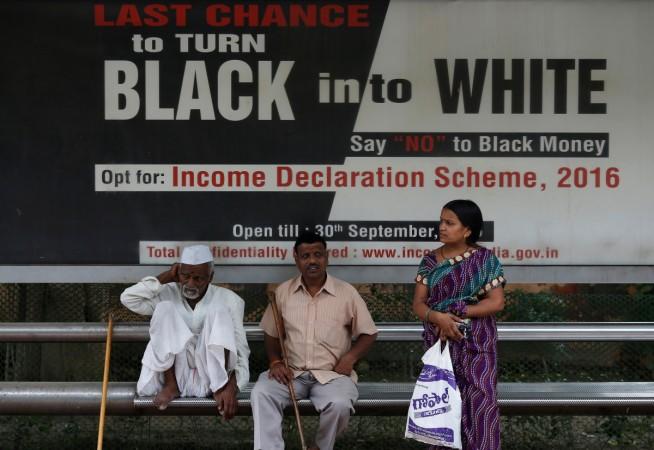
Keeping up the heat on tax defaulters, the income tax department released names of five defaulting companies that owe more than Rs 10 crore in taxes, in what is referred to as "naming and shaming" that it initiated a few years ago.
The advertisements appeared in newspapers though media reports have refrained from disclosing the names of the five companies.
"The entries in the list are specific to the tax arrears and assessment year mentioned. The tax defaulter's address, business, shareholding and management may have changed," the notice issued by the Principal Chief Commissioner of Income Tax (New Delhi) said, according to news agency PTI.
The move comes two days after the department launched a portal "Operation Clean Money" to update the people on steps initiated to curb tax default, apart from ranking defaulters.
The portal will rate defaulters as high risk, medium risk, low risk and very low risk. The highest level (high risk) will be subject to search, seizure and direct inquiry while those falling under medium risk will merely get messages from the taxman.
The latest set of measures come after two amnesty schemes for tax defaulters, one that ended in September last year and another one, Pradhan Mantri Gramin Kalyan Yojna (PMGKY), which closed in March this year.
The phrase '"naming and shaming" has largely been associated with tackling prostitution where it is banned. In August 2000, the Greater Manchester police met with success when it "named and shamed" eight people who were looking for prostitutes (also called kerb crawling). "All these names and addresses were a matter of public record anyway. The only difference is we put the men together before the court. The initiative is already working extremely well," the Guardian reported on August 24 that year.
The success could also be gauged from the frustrated comments of one of the eight persons embarassed. "I will lose everything because of this. I have not told my wife, let alone my kids, and I will lose my job. I realise what I did was stupid, but I had no idea my name and details would be there for public consumption," he told the magistrates who also imposed fine on the culprits.
The concept, so to speak, was reportedly pioneered by the Cleaveland police.

















